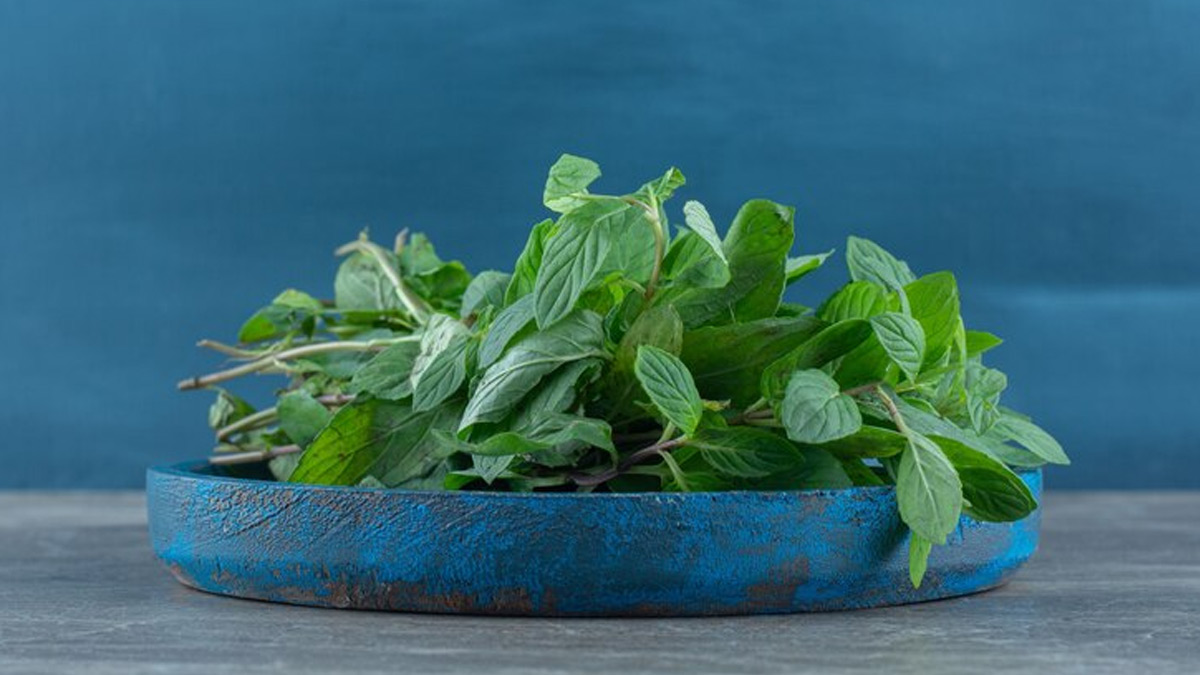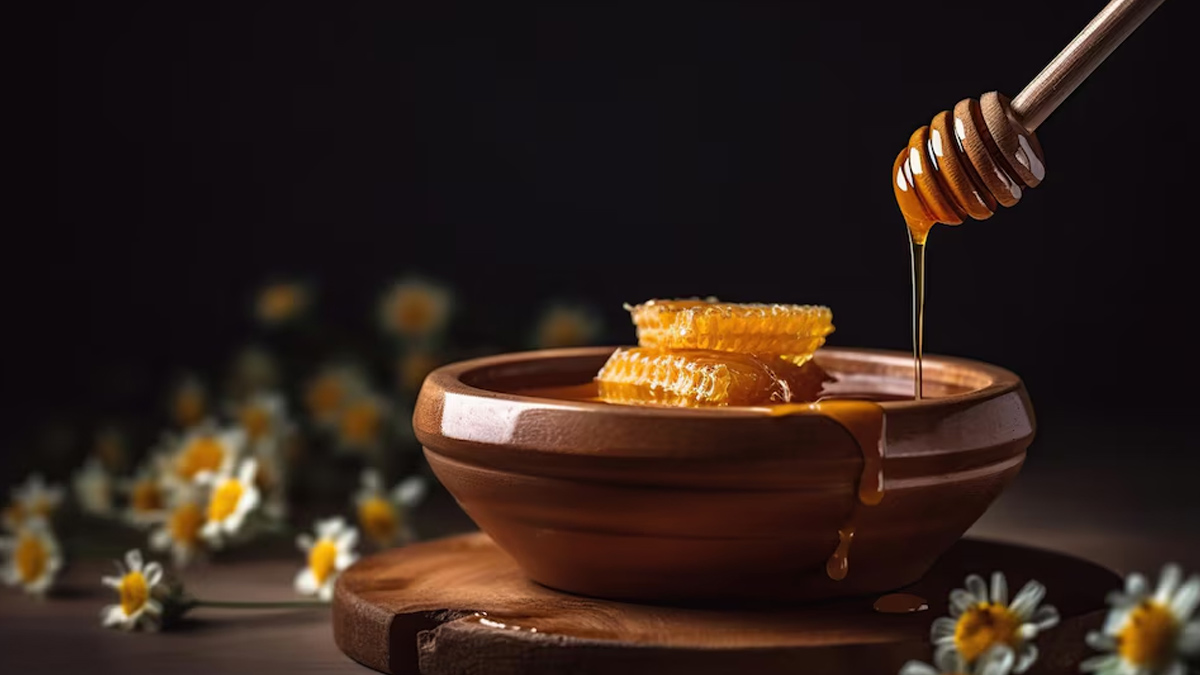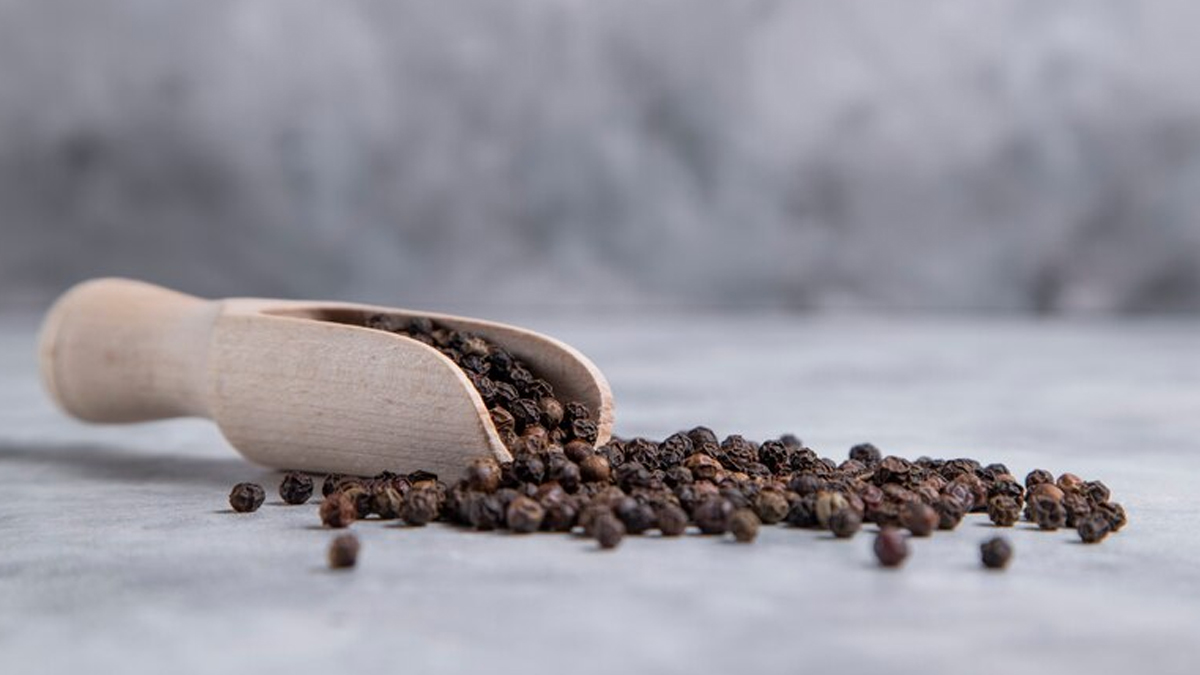
Cold and cough are among the most common ailments affecting individuals across the globe, especially during seasonal transitions. While over-the-counter medications are widely available, many people prefer natural remedies that are both effective and free from side effects. One such traditional remedy is a mixture of tulsi (holy basil), honey, and black pepper, which has been revered in Ayurvedic medicine for centuries.
Table of Content:-
The Power of Tulsi, Honey, and Black Pepper

Tulsi (Holy Basil)
Tulsi, often referred to as the "queen of herbs," holds a special place in Indian households and Ayurvedic practices. Rich in antioxidants, it has powerful antibacterial, antiviral, and anti-inflammatory properties. Tulsi leaves are known to alleviate respiratory conditions by reducing congestion and boosting the immune system. A study highlighted Tulsi's effectiveness in managing respiratory ailments such as asthma and bronchitis. The study concluded that tulsi extracts reduce inflammation and improve lung function by clearing mucus and easing breathing.
Honey

Honey has been used as a natural remedy for various ailments due to its antimicrobial and soothing properties. It acts as a natural cough suppressant, helping to ease throat irritation and reduce the frequency of coughing episodes. Additionally, honey provides a soothing coating to the throat, alleviating discomfort caused by a dry cough. In a study published by the College of Family Physicians of Canada, it was found that honey was more effective in reducing nocturnal cough symptoms in children compared to dextromethorphan, a common ingredient in over-the-counter cough syrups.
Black Pepper

Black pepper, often called the "king of spices," is rich in piperine, a compound known for its anti-inflammatory and antioxidant effects. It enhances mucus clearance from the respiratory tract, reduces nasal congestion, and improves overall respiratory function. Furthermore, black pepper is believed to enhance the bioavailability of nutrients and compounds in other ingredients, amplifying their benefits. A study found that black pepper can reduce inflammation and enhance immune response, making it beneficial in treating cold and cough.
Benefits of the Mixture
The combination of tulsi, honey, and black pepper works synergistically to combat cold and cough. Tulsi strengthens the immune system and clears respiratory blockages, honey soothes the throat and suppresses cough, while black pepper fights infection and facilitates decongestion. Together, these ingredients create a holistic remedy that targets both the symptoms and underlying causes of respiratory distress.
Preparation of the Mixture

Creating this remedy is simple and requires minimal effort:
Ingredients:
- 10–12 fresh tulsi leaves (or 1 teaspoon dried tulsi powder)
- 1 teaspoon honey
- 1/2 teaspoon freshly ground black pepper
Method:
- Boil tulsi leaves in a cup of water for 5–7 minutes.
- Strain the mixture and let it cool slightly.
- Add honey and black pepper to the warm tulsi tea.
- Stir well and consume while warm.
This mixture can be consumed twice daily for relief from cold and cough symptoms.
Also read: What Should You Eat When You Are Down With Cold And Flu? Expert Shares
Precautions and Considerations
While this mixture is generally safe, there are a few considerations to keep in mind:
- Allergies: Individuals allergic to any of the ingredients should avoid this remedy.
- Diabetics: Honey can raise blood sugar levels; hence, people with diabetes should use it sparingly or consult a doctor.
- Children: Avoid giving honey to children under one year of age due to the risk of botulism.
Conclusion
The tulsi, honey, and black pepper mixture is a time-tested remedy for managing cold and cough. Backed by both traditional wisdom and modern scientific research, this combination offers a natural and effective alternative to conventional treatments. By incorporating this remedy into your routine during seasonal changes or at the onset of symptoms, you can harness the power of nature to maintain respiratory health and overall well-being.
Also watch this video
How we keep this article up to date:
We work with experts and keep a close eye on the latest in health and wellness. Whenever there is a new research or helpful information, we update our articles with accurate and useful advice.
Current Version